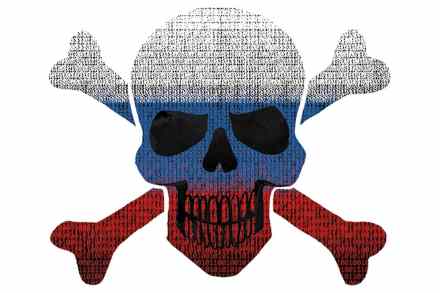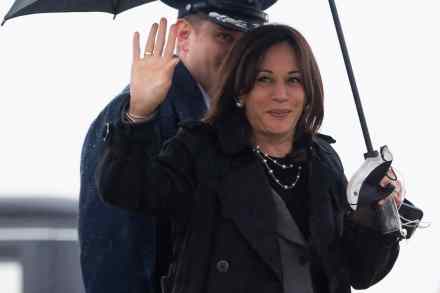Why do Russian tennis stars need to condemn Putin?
Nigel Huddleston is Under-Secretary of State for Sport, Tourism, Heritage and Civil Society, hardly the biggest job in government. Yet he seems a little inebriated on what little authority he has – at least if his latest remarks to the Department for the Digital, Culture, Media and Sport committee are anything to go by. Huddleston has taken on board the mood of the moment. He appreciates that sport must make a stand against Vlad the Invader and the invasion of Ukraine, and which sensible person would disagree? But boycotting Russia from major competitions and clamping down on dodgy oligarch football owners isn’t sufficient, apparently. Huddleston wants more. He suggested to the




















